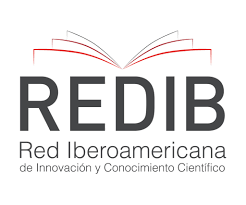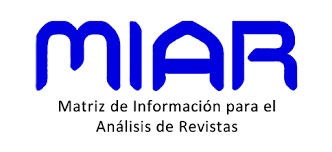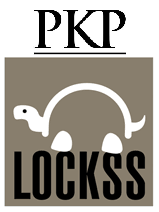Cuadernos de pensamiento is the Journal of the "Ángel González Álvarez" Thought Seminar, of the Fundaci´on Universitaria Española. Since 1987 it collect in its pages the results of the research of numerous spanish and foreign authors. It is published annually. Its objective is the investigation and dissemination of philosophical, legal, political and humanistic thought, from a multidisciplinary perspective. It is aimed at specialists in philosophical research, professors and students of philosophy and humanities. Only publish original articles. International researchers will find in it a reference point of the best in academia.
No. 35 (2022): Cuadernos de Pensamiento. Monographic on Humanism and technique. Volume 1

Since modernity, the consecration of the Baconian maxim "knowledge is power" as the motto of progress, inevitably led to the supplanting of technique by knowledge as the main value that has structured life and societies ever since. The influence of the paradigm shift is the backbone of school and university education of our time, as well as the anthropological and political conception that is the foundation of our current worldview. Consequently, voices have been raised from different spheres that seek to rescue man, forgotten under the product that comes out of his hands, and recover knowledge eclipsed before the authority that inspires scientific-technical hegemony.
For this reason, this issue aims to address the relationship between humanism and technology from different approaches. Thus, from a systematic point of view, technique and its relationship with four essentially human aspects are studied: the meaning of life, beauty, education and power. Regarding power, the inescapable political question of technocracy is dealt with specifically in several articles. Likewise, historical-philosophical contributions trace the approach to our object of study in authors such as Ramon Lull or Neil Postman. Finally, ethical and anthropological reflection, transversal in most of the contributions, shines with special force when dealing with the question of technique as a factor of dehumanization or liberation.
Miriam Ramos Gómez
Escuela Universitaria Fray Luis de León, Valladolid (España)
Coordinadora
Rafael Fayos Febrer
Universidad Cardenal Herrera-CEU, CEU Universities, Valencia (España)
Coordinador















1.png)
1.png)

1.png)





.png)
.png)

.png)
1.png)
1.png)
